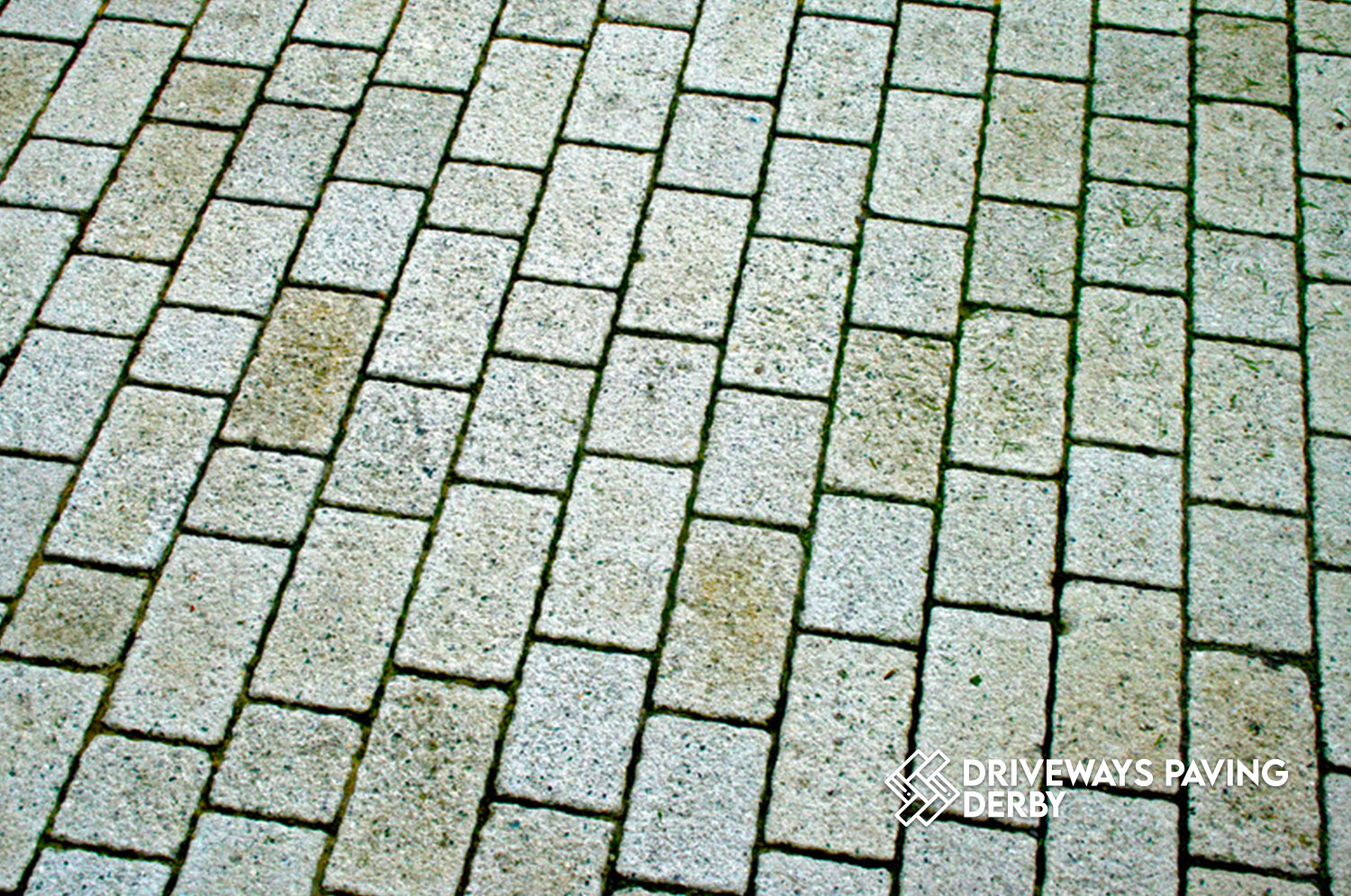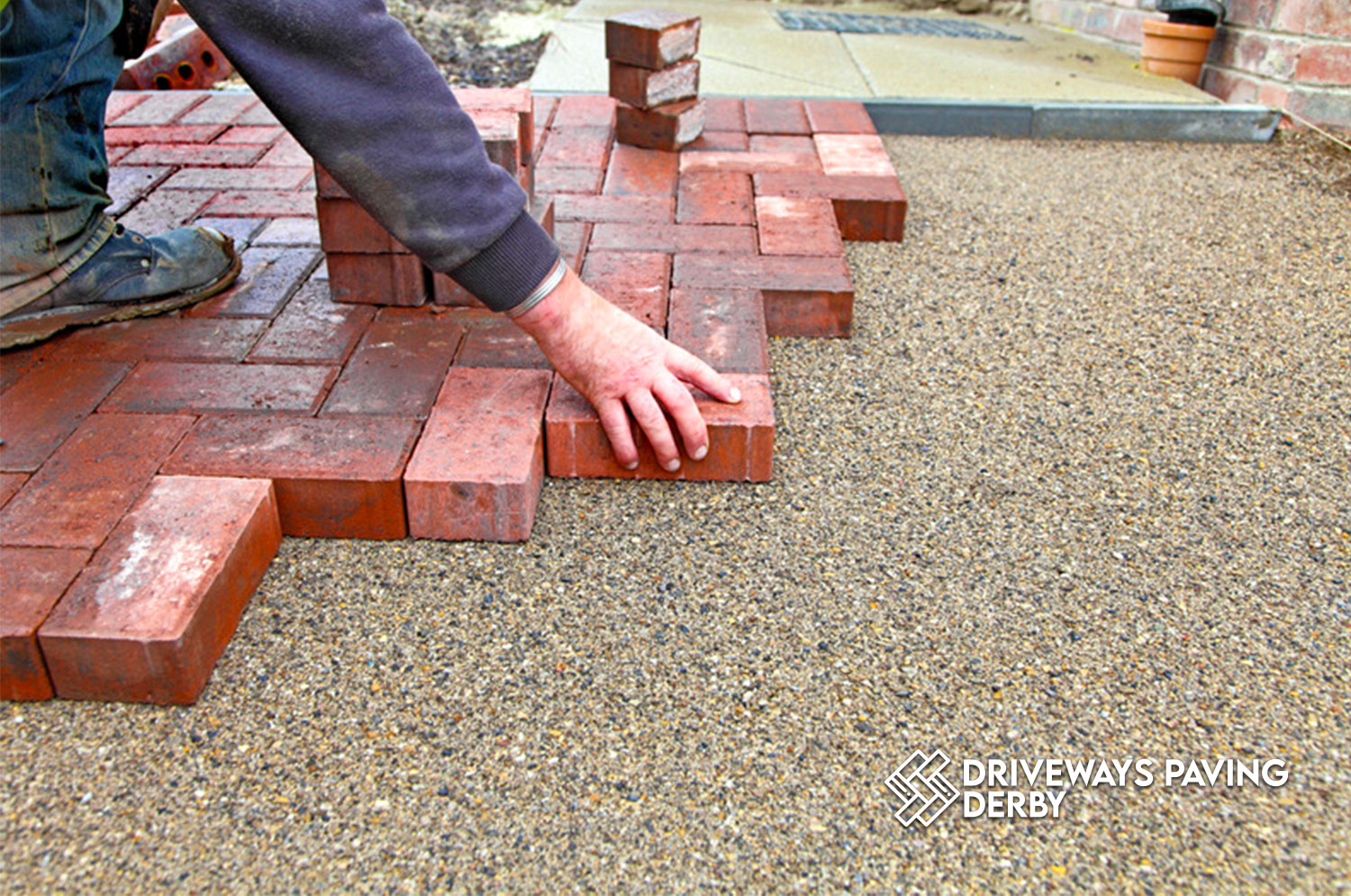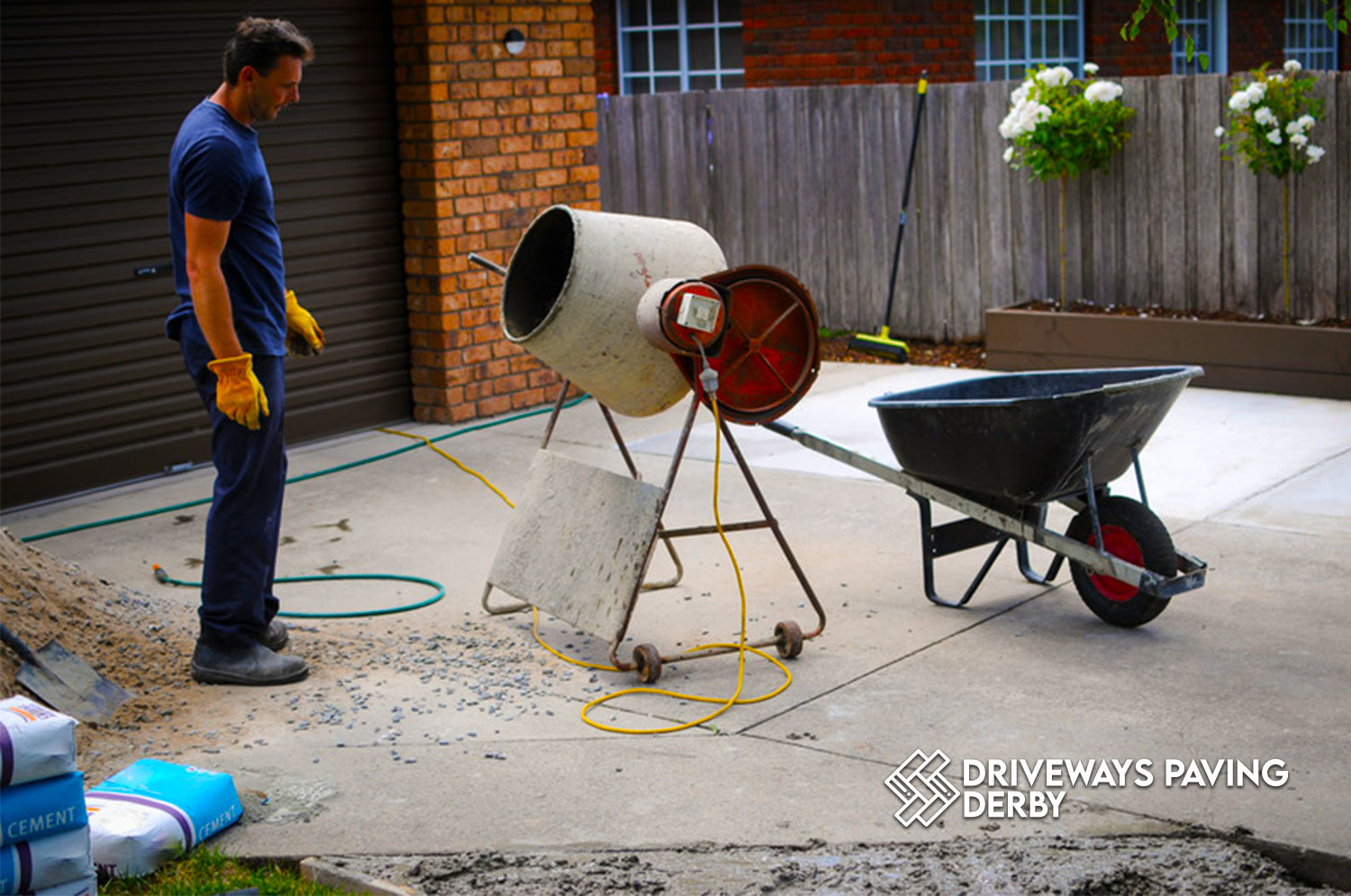Table of Contents
What is Block Paving Derby and How to Make a Good Choice for Your Home?
Block paving is a type of paving that is made up of square blocks in various shapes and sizes. The blocks are laid on top of each other in a pattern to form a surface. It is also called as “cobble stone”. Block paving provides an attractive surface for driveways, patios and other outdoor spaces. It can be used for the entire area or just for specific parts like walkways, flowerbeds etc.
There are many factors to consider when choosing the best block paving for your home such as the cost, durability and maintenance requirements, style, size etc.
Block paving is the most popular form of paving in the UK. It’s a good option for homeowners who want to create a classic look, or to create a more contemporary feel. Block paving is often confused with brick paving, but they are not quite the same thing. Brick paving is made from bricks that are laid flat and set in mortar, while block paving is made from blocks that are laid on their sides and set in mortar.
What is Block Paving Cleaning Derby and Why It’s So Popular?
Block paving cleaning is a popular choice in Derby because it provides a natural and traditional look. It has been used for centuries and it’s still one of the most popular choices for driveways and patios derby.
Block paving is an old type of paving that’s been around for centuries. It has been used by many homeowners as their driveway or patio surface because of its natural and traditional look. Block paving is a type of paving that is made up of rectangular blocks. It’s popular because it has a modern appearance and is easy to maintain. Block paving is popular because it has a modern appearance and it’s easy to maintain. The blocks are usually made out of concrete, granite, or other types of stone.
Why Choose Block Paving Driveways Derby?
Block paving driveways Derby is a popular choice for many homeowners. It provides a beautiful and unique look, it’s durable, and it’s easy to maintain.
The following are some of the reasons why block paving is preferred by many homeowners:
-
It is durable and lasts for a long time. This means that you won’t have to worry about your driveway or walkway cracking or breaking anytime soon.
-
It can be installed in any shape or size you want, which means you can customize your driveway to match the rest of your home’s exterior.
-
It’s easy to maintain and doesn’t require any special tools or equipment. You can simply sweep away debris using a broom or brush, hose down the surface with water, and use a garden hose to rinse
How to Estimate & Plan the Cost of a Block Paving Driveway Derby?
In the UK, Derby a block paving driveway typically comes to an average of £1,500. This includes the cost of materials and labor. Block paving is a type of paving that is used for driveway companies derby and other outdoor areas. It is made up of small blocks of stone, concrete or other material.
Block paving can be installed in different patterns and textures to create a variety of looks. With the changing seasons, you can choose from different patterns like herringbone, chevron or brickwork.
We can estimate the cost of a block paving driveway by looking at factors such as:
-
The size of the driveway
-
The number of blocks needed for the project
-
The type of blocks (e.g. sandstone, limestone)
The cost of a block paving driveway is different for every project, but you can use the following steps to estimate the total costs.
FAQ’s About Block Paving Derby
Is it cheaper to tarmac or block pave Derby?
Tarmac derby is a less expensive option in terms of materials and labor because it is easier to lay. Block paving, on the other hand, is only 10% more expensive on average.
Are 50mm blocks OK for driveway Derby?
Some customers and their contractors like to use 60mm for a driveway, especially if they have a bigger vehicle like a 4×4, but generally speaking, 50mm is fine for a household driveway.
How much does a block paved driveway cost UK?
The cost of block paving for driveways in the United Kingdom can range from £3,000 to £7,000. Of course, there are always exceptions to the rule. In certain cases, driveways that are particularly large or intricate can run into the tens of thousands of pounds.




